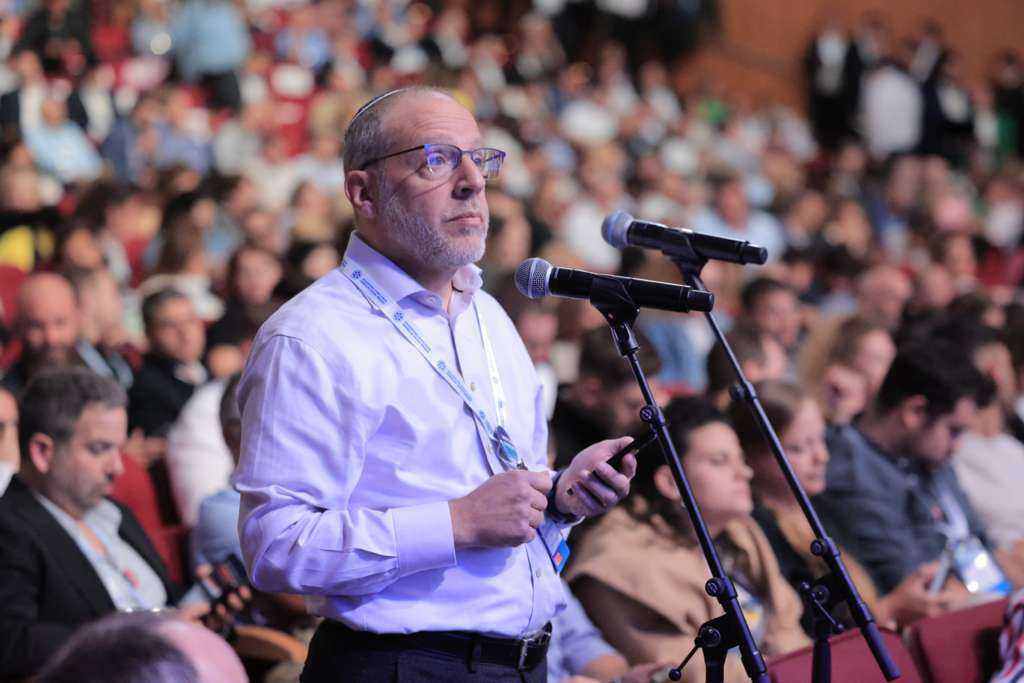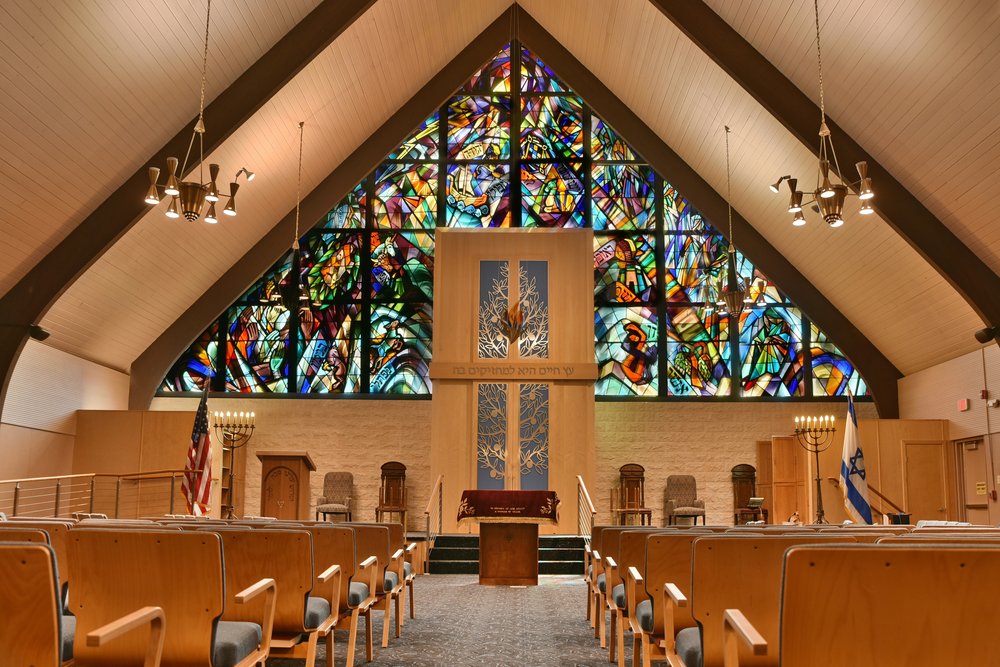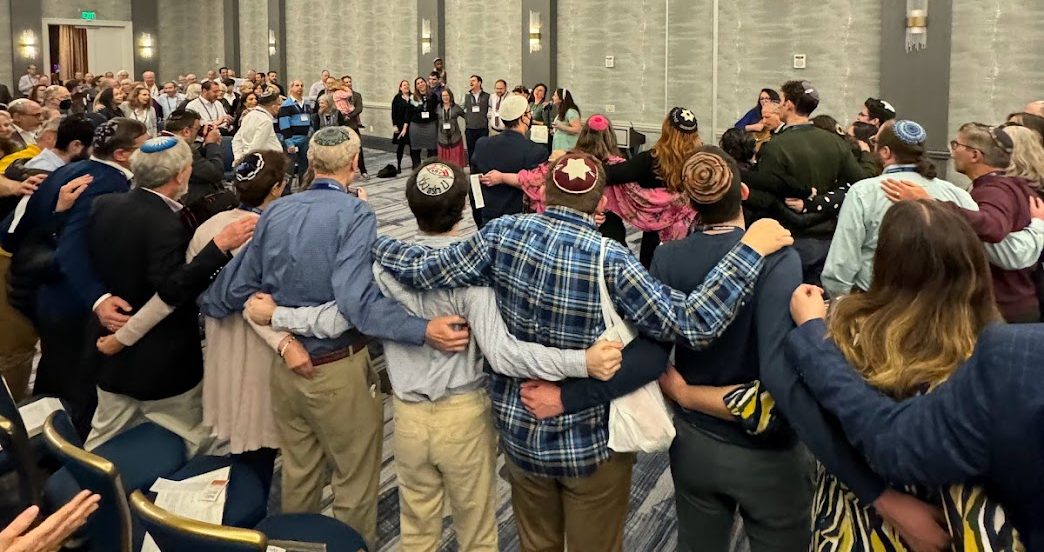The ability to work effectively as part of a team has become a critical “soft” skill in today’s business environment. We would argue that in synagogues, it is even more critical, due to the complexity of the synagogue as an institution and the necessary interaction between staff and volunteers. Synagogues therefore need to be at least as team-oriented as businesses.
In our leadership development work at USCJ, we have collected some compelling data on this topic.
We maintain that in order to be effective team members, leaders need to be able to:
- Engage in honest reflection of the current situation
- Have a positive vision of what could be better
- Clarify expectations for lay and staff leaders
- Effectively communicate those expectations
- Hold one another accountable
- Identify written goals for their team
The Thriving Congregations Assessment
Over 2000 synagogue leaders have taken our Thriving Congregations Assessment. The data shows that in most cases, the fundamental skills that are so critical to the success of teams are very undeveloped, even in our largest and best resourced congregations.
NAASE Teamwork Survey
In collaboration with NAASE (North American Association of Synagogue Executives), we surveyed Executive Directors of synagogues across the country, and found that the data was consistent with what we found in the Thriving Congregations Assessment.
Although we know that teams need to have a shared vision and shared covenants about how they will work together, in most cases executive directors reported these skills once again to be undeveloped.
We also know that goals are critical for focusing team energy and for creating a culture of accountability. Our synagogue executives reported that most of their teams do not have written goals, and even when they do have them, they are not shared with their partners.
Designing Staff Team Meetings to Maximize Teamwork
Most congregations have regular meetings of the staff team. The majority are about logistics and serve as the central arena for team practice. We strongly suggest that staff teams be intentional in designing their meetings to create maximum team effectiveness. Here are a few tips:
- Continue to hold regular logistics meetings.
- In addition, convene monthly strategic meetings that are not focused on logistics, but rather are dedicated to tracking key goals and reviewing important long term issues.
- Strategic meetings should be more formal than routine logistics meetings. There should be a written agenda which is shared in advance; there should be written follow-up notes; and there should be a progress report on goals.
- The strategic meetings should produce strategic staff work that creates a written road map to support volunteer leaders and informs their lay leadership partners.
- Consider a joint retreat of the executive committee and senior staff at least once every two years (during each new president’s term).
Volunteer and Staff Collaboration and Partnership
In an ideal world, the executive committee and the senior staff are creating common goals and aligning their efforts. Volunteer leaders may be the senior partner in some areas such as fundraising or the facility. Staff may be the senior partner in other areas such as ritual and education. Committees are a place where the volunteer-staff partnership can either flourish or wither. We suggest all major committees have a job description consisting of the following:
- Situation Analysis– What have we been doing?
- Vision– What general strategic principles should guide us?
- Tasks – What is the specific work we need to do?
- Goals– What are we accountable for?
USCJ Webinar: Building Dynamic Teams
February 26th, 12-1pm EDT









